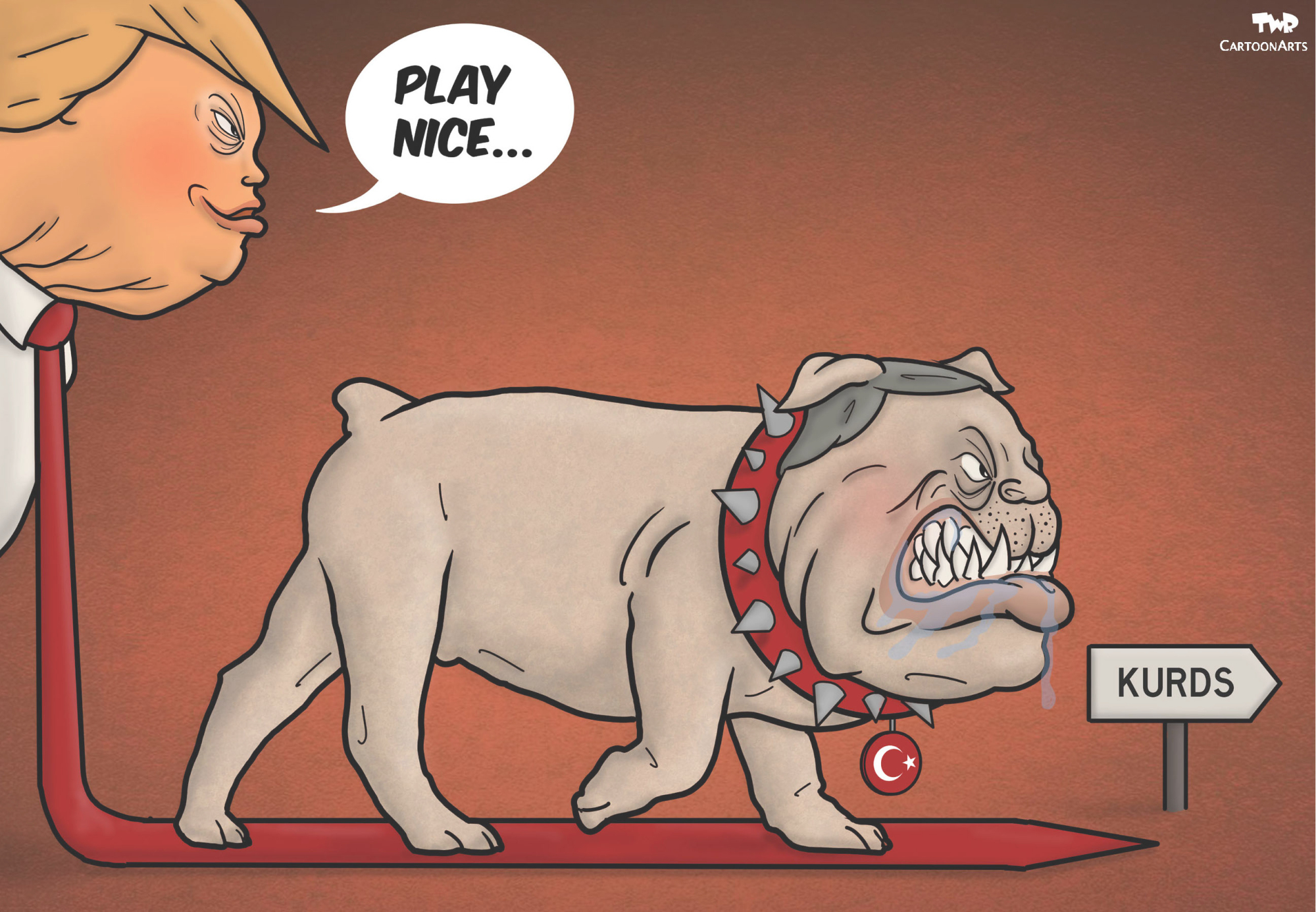The deal with Turkey to pull U.S. troops out of Syria is a typical Trumpian mess, with rash, poorly planned presidential action leading to pernicious — and downright bloody — consequences. Yet that initiative also represents an effort, badly executed and communicated, to bring about a paradigm shift in America's war on terror.
U.S. President Donald Trump is trying to usher in a fourth phase of that post-9/11 conflict, in which the United States would accept greater security risk as the price of reducing the ongoing costs of involvement in the greater Middle East. He is running head-on into opposition from many in his own party, who are still more inclined to pay higher costs to buy down the threat of terrorist attacks. Trump is so far getting the worst of the debate. But the underlying issue he has raised is not going away anytime soon.
Since the Sept. 11 attacks, the U.S. struggle against terrorism has gone through three phases. The first phase was the "anywhere, anytime" approach taken by the George W. Bush administration in the years following 9/11. The U.S. mounted large-scale invasions and long-term nation-building projects in Iraq and Afghanistan. The possibility of devastating follow-on attacks seemed unacceptably high, so U.S. officials were willing to pay quite a price to suppress terrorist groups, defeat state sponsors, and attempt to transform the conditions that produced violent extremism.



